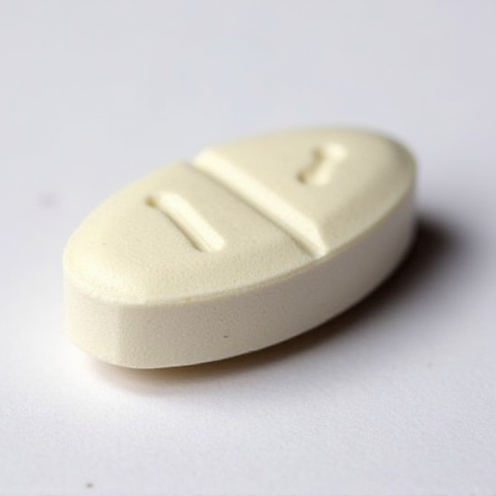Benepack 8mg Tablet
Product Info
| Prescription required | Yes |
| Marketer | Koye Pharmaceuticals Pvt ltd |
| Active Ingredient | Benidipine (8mg) |
| Storage | Store below 30°C |
| Chemical Class | Synthetic dihydropyridine derivative |
| Habit Forming | No |
| Therapeutic Class | CARDIAC |
| Action Class | Calcium channel blockers- Dihydropyridines (DHP) |
| User Rating | 4.7 |
| User Reviews | 731 |
FAQ
















Benepack 8mg Tablet Reviews
Benepack 8mg may be prescribed alone or along with other medicines. The dose depends on what you are taking it for and the severity of your condition. You can take it at any time of the day, but it is best to take it at the same time each day. It should be taken with food. Keep taking it for as long as advised by your doctor. Do not stop this medicine on your own, even if you feel well, as high blood pressure often has no symptoms. If you stop taking it, your condition may get worse. Keeping active with regular exercise, reducing your weight, and eating a healthy diet will also help control your blood pressure.
The most common side effects include fatigue, edema (swelling in the feet or ankles), sleepiness, dizziness, flushing, rashes, headache, and unusual beating of the heart (palpitations). Consult your doctor if any of these bother you, or do not go away.
Before taking it, let your doctor know if you have any liver or kidney problems. Pregnant or breastfeeding women should also consult their doctor for advice before taking this medicine. You also need to tell your doctor what other medicines you are taking, especially those used to treat high blood pressure or heart conditions. You should have your blood pressure checked regularly to make sure that this medicine is working properly.
How Benepack 8mg Tablet Works
How to Use Benepack 8mg Tablet
Benefits of Benepack 8mg Tablet
- In Hypertension (high blood pressure): Benepack 8mg works by relaxing the blood vessels so that blood can flow more easily around your body. This lowers your blood pressure and reduces your risk of having a stroke, a heart attack, or kidney problems in the future. You do not usually feel any direct benefit from taking this medicine, but it works in the long term to keep you well. Take regularly, as prescribed for this medicine to be most effective, even if you feel better.
- In Prevention of Angina (heart-related chest pain): Benepack 8mg relaxes the blood vessels making it easier for blood to flow around your body. This means that more oxygen gets to your heart and reduces the risk of getting chest pain (angina). This medicine should not be used to treat chest pain which is already happening. It is used to prevent or reduce the frequency of angina attacks. This medicine needs to be taken regularly as prescribed for it to work effectively. So, it is important to keep taking it even if you feel well and have no symptoms.
Uses of Benepack 8mg Tablet
- Hypertension (high blood pressure)
- Prevention of Angina (heart-related chest pain)
Benepack 8mg Tablet Side Effects

Safety Tips
Quick Tips
- Lowering blood pressure reduces the chance of future heart attack and stroke.
- It may cause dizziness. Do not drive or perform any activity that requires mental focus until you know how Benepack 8mg affects you.
- Inform your doctor if you are pregnant, planning a pregnancy or breastfeeding.
- You have been prescribed Benepack 8mg to improve your blood pressure and/or to reduce the number and severity of angina attacks.
- Take it at the same time every day to help you remember to take it.
- A sudden drop in your blood pressure may occur, especially when you first start taking Benepack 8mg. To lower the chance of feeling dizzy or passing out, rise slowly if you have been sitting or lying down.
- It can cause ankle or foot swelling. To reduce the swelling, raise your legs while you are sitting down. Talk to your doctor if it does not go away.
References
- Central Drugs Standard Control Organisation (CDSCO). Benidipine.
- Drug Information Sheet: Benidipine hydrochloride. 2008.
